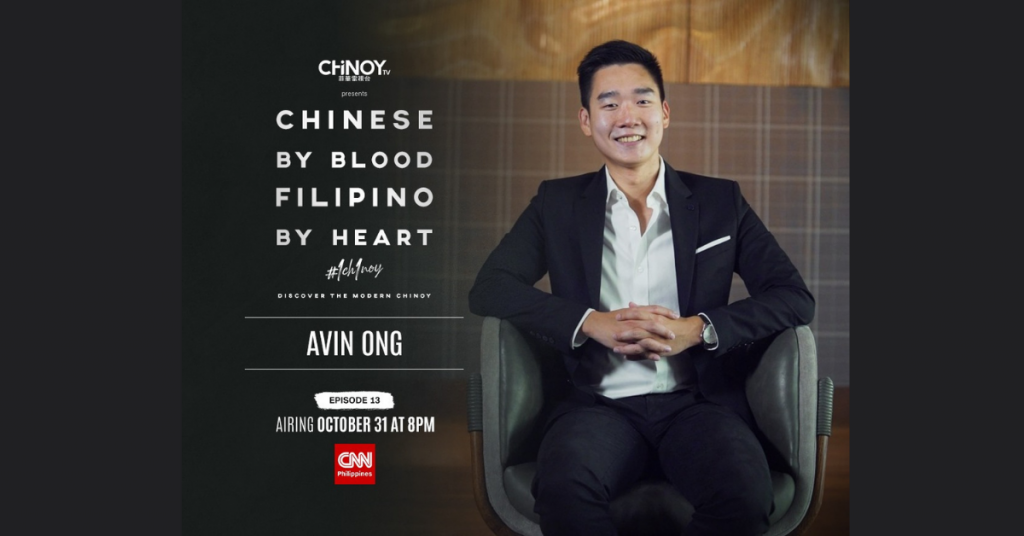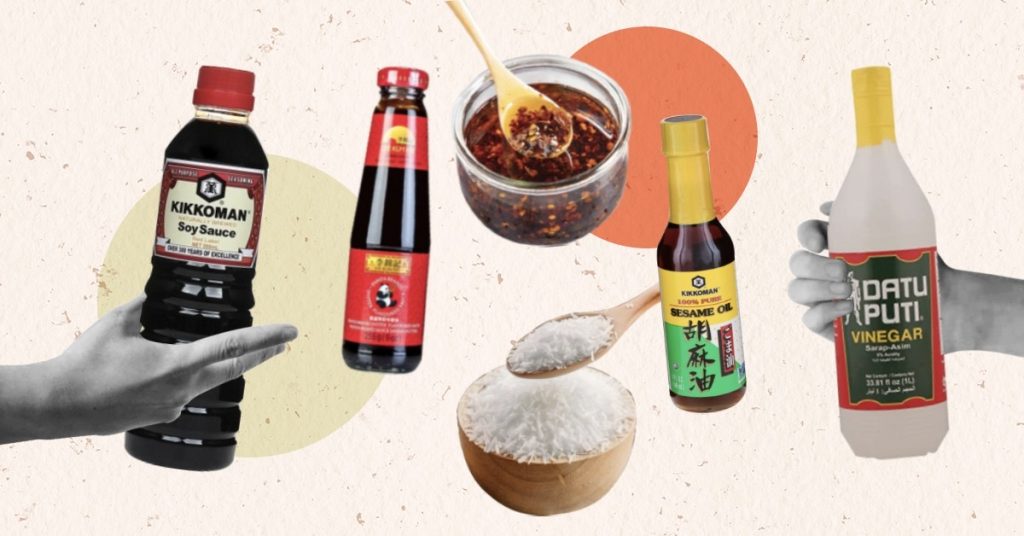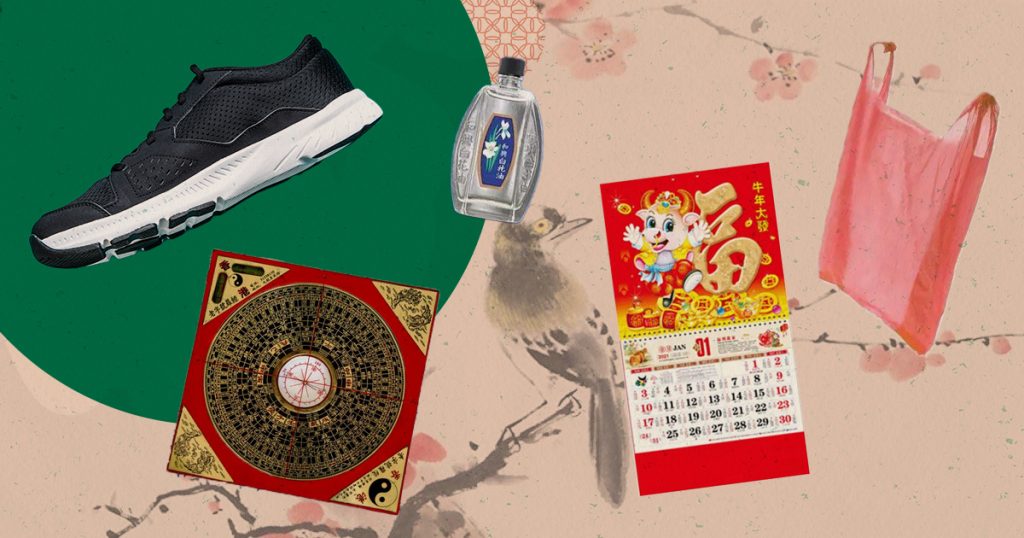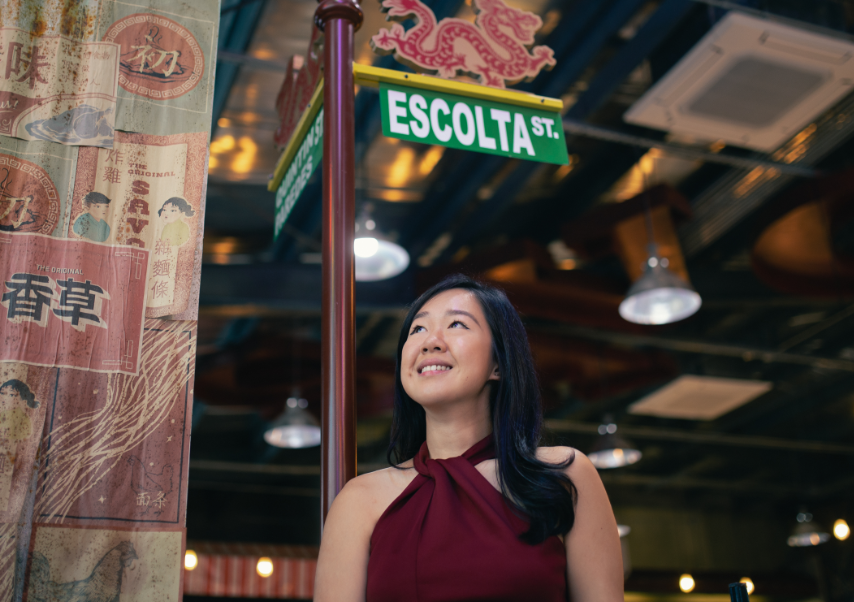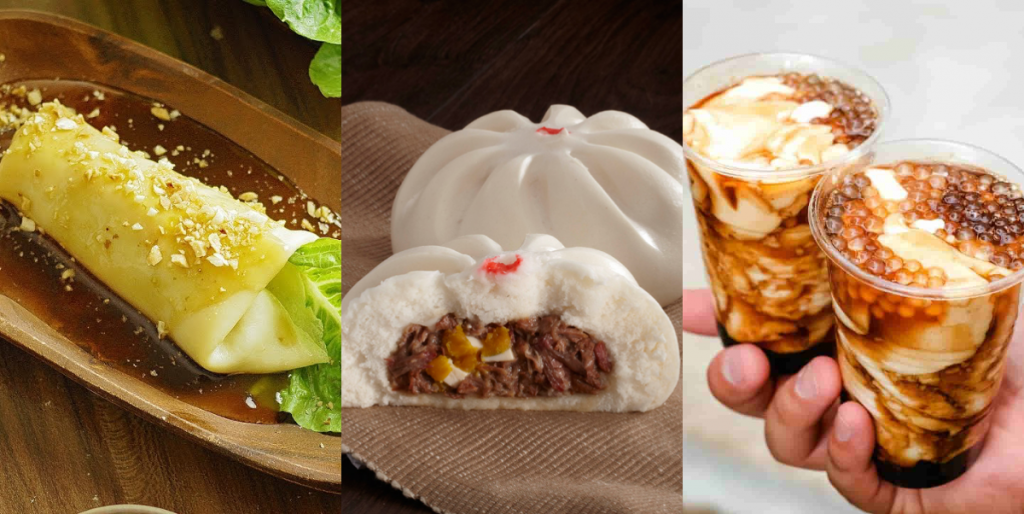Here are the Chinese Names of Popular International Brands

Have you ever wondered what the most famous global brands are called in Chinese?
One key element to consider when developing a successful business is to come up with a memorable and meaningful brand name for customers to keep in mind. This is especially important to remember when penetrating foreign markets, where brand reputations are lost easily due to public perception being negatively impacted by either a lack of translation or a mistranslation.
In a market as large as China’s, the biggest and most successful companies have made sure to create proper translations for their brands. Possessing similarities in sound, values, or meaning, here are some notable examples of foreign names that have thrived in the country:
苹果 (Apple)
Pinyin: píng guǒ
Steve Jobs came up with this brand name after being inspired by his visit to a fruit farm while on his fruitarian diet. According to Jobs, the name was ideal because it sounded “fun, simple, and not intimidating.”
In China, this brand image was reinforced by a simple translation of the fruit-based name — “苹果” (píng guǒ) which literally means “apple.”
耐克 (Nike)
Pinyin: nài kè
One great example of a Chinese brand translation is 耐克 (nài kè). Not only does this sound similar to its original name, but it also carries a definition that strongly calls to mind what Nike’s identity is as a brand: 耐 means to endure; 克 means to overcome.
可口可乐 (Coca Cola)
Pinyin: kě kǒu kě lè
Here is another textbook example of brand translation! 可口可乐 (kě kǒu kě lè) matches the original brand name Coca Cola perfectly in both phonetics and definition. Literally meaning “to permit the mouth to be able to rejoice” — or to put it simply, “delicious happiness” — this Chinese variation of the brand name encapsulates the very essence of Coca Cola’s brand identity, which is to be a drink everyone enjoys.
大众汽车 (Volkswagen)
Pinyin: dà zhòng qì chē
While 大众汽车 (dà zhòng qì chē) and Volkswagen are not in any way phonetically related, they do possess the same meaning. In both Chinese and German, the names that this brand has worn can literally be translated to “the people’s car.”
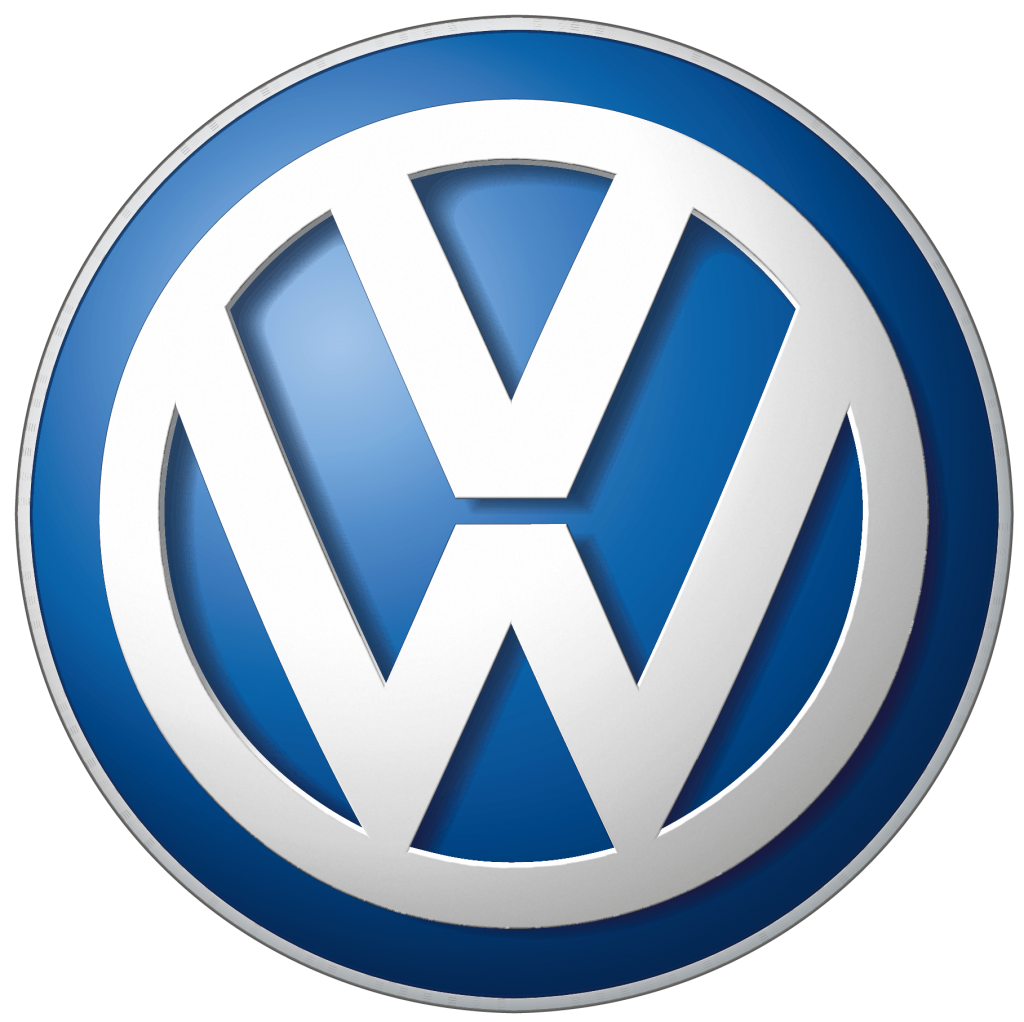
Volkwagen logo.
It is also worth noting that there was a conscious decision to use the Chinese brand’s second character 众, which is reminiscent in shape to a reversed Volkswagen logo.
奔驰 (Mercedes Benz)
Pinyin: bēn chí
The Chinese name 奔驰 (bēn chí) is a transliteration of “Benz,” the second half of the original brand. While the phonetic match here is not exactly perfect, what makes 奔驰 a great alternative name is the message that it sends forth — in Chinese, both characters 奔 and 驰 mean “to run fast!”
路易威登 (Louis Vuitton)
Pinyin: Lùyì Wēidēng
Invoking luxury at its peak, 路易威登 (Lùyì Wēidēng) is as close enough to its original name as it can get! Not only do both sound alike, but 路易威登 can also be dissected accordingly to reveal the following details: 路易 (Lùyì) is an actual transliteration of the name Louis, 威 is a character which invokes the concept of power, and 登 alludes to one’s ascension to the summit.
赛百味 (Subway)
Pinyin: sài bǎi wèi
This popular sandwich brand does more than a great job presenting itself to the Chinese. As an imported brand name, 赛百味 (sài bǎi wèi) sounds extremely similar to the original “Subway.” It also invokes in the mind of the customer the variety of choices and combinations that one can choose when eating Subway sandwiches with its last two characters 百味, which literally means “100 flavors.”
Have you heard about the hilarious Chinese names for celebrities, such as Taylor Swift and Justin Bieber? Check them out here.




